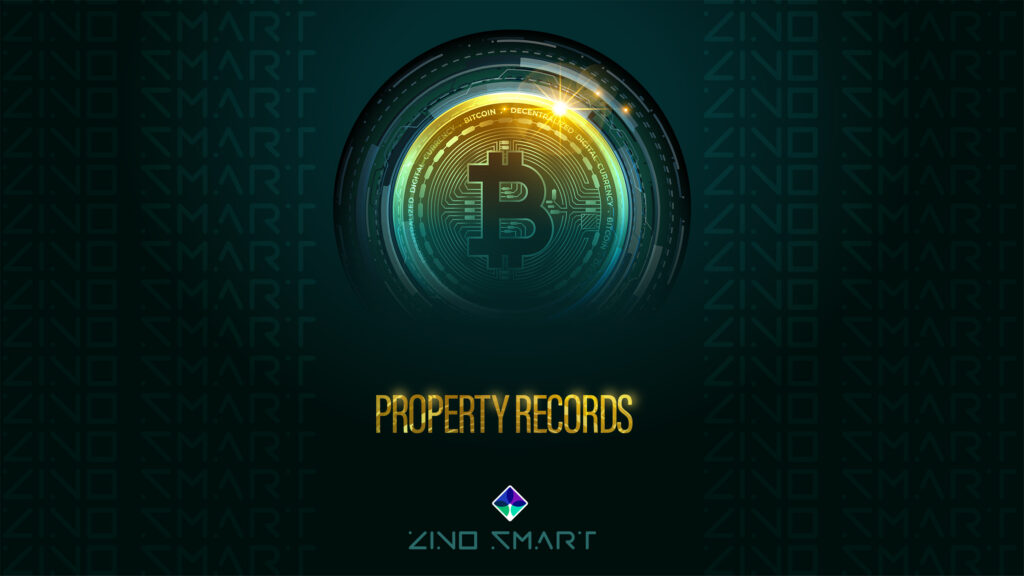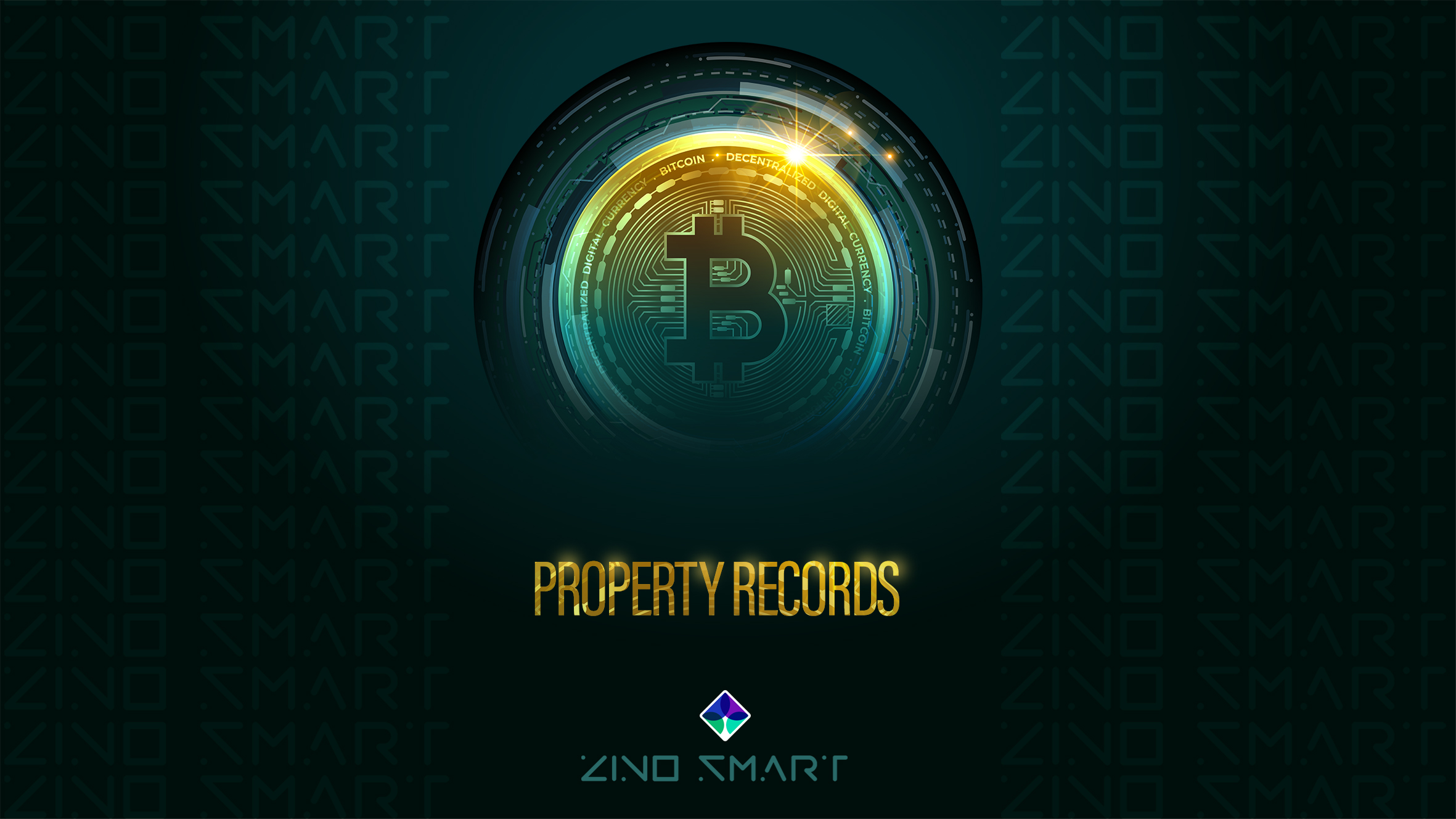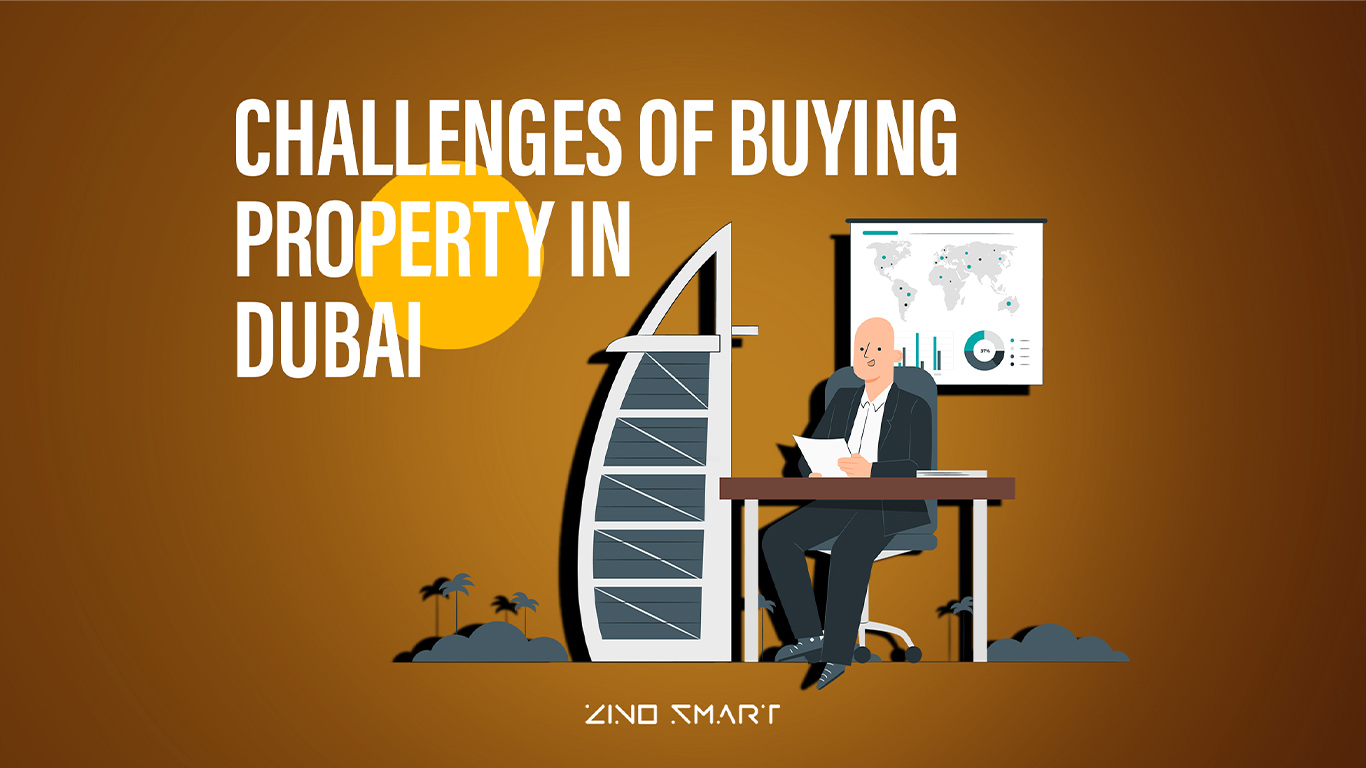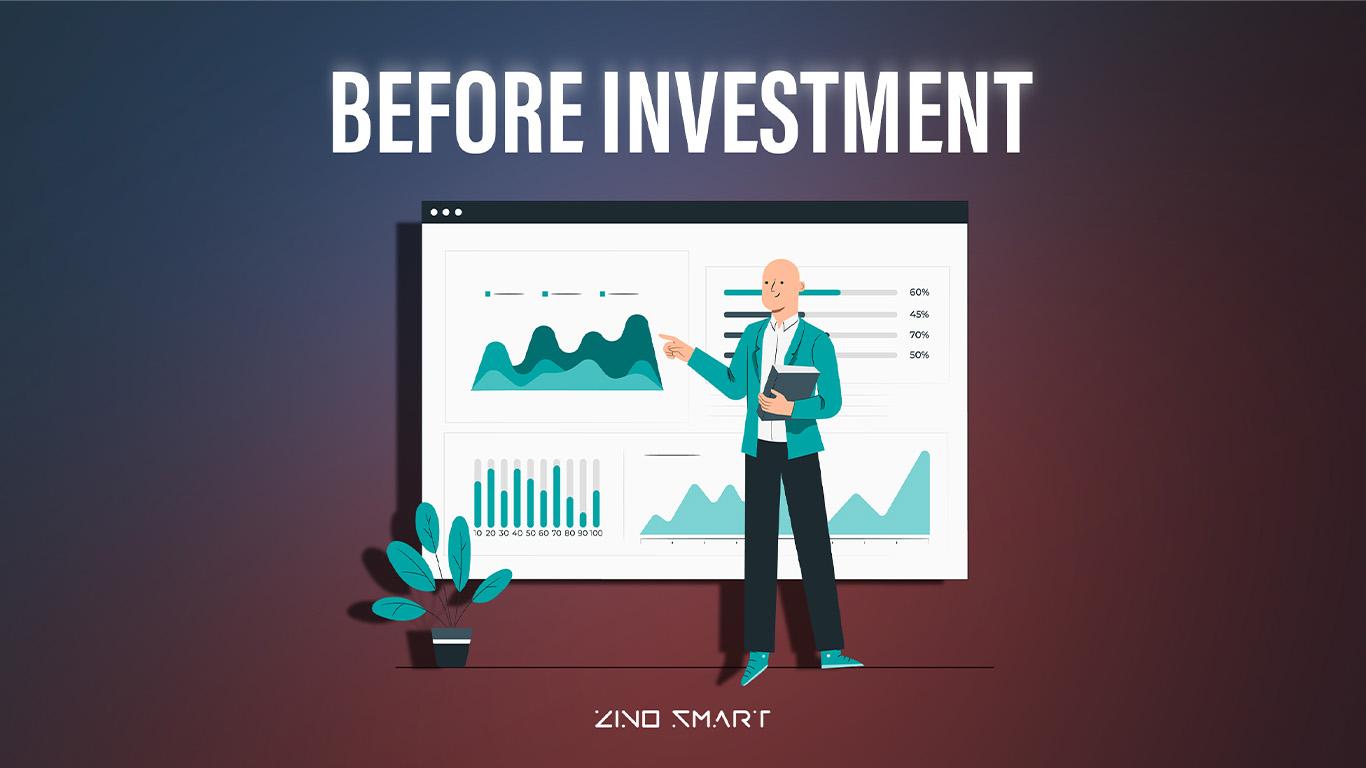Property Records: If you have ever spent time in your local Recorder’s Office, you will know that the process of recording property rights is both burdensome and inefficient.
Today, a physical deed must be delivered to a government employee at the local recording office, where it is manually entered into the county’s central database and public index. In the case of a property dispute, claims to the property must be reconciled with the public index.
Property Records
This process is not just costly and time-consuming—it is also prone to human error, where each inaccuracy makes tracking property ownership less efficient. Blockchain has the potential to eliminate the need for scanning documents and tracking down physical files in a local recording office.
If property ownership is stored and verified on the blockchain, owners can trust that their deed is accurate and permanently recorded.

In war-torn countries or areas that have little to no government or financial infrastructure, and certainly no Recorder’s Office, it can be nearly impossible to prove ownership of a property.
If a group of people living in such an area is able to leverage blockchain, then transparent and clear time lines of property ownership could be established.
Smart Contracts
A smart contract is a computer code that can be built into the blockchain to facilitate, verify, or negotiate a contract agreement. Smart contracts operate under a set of conditions to which users agree. When those conditions are met, the terms of the agreement are automatically carried out.
Say, for example, that a potential tenant would like to lease an apartment using a smart contract. The landlord agrees to give the tenant the door code to the apartment as soon as the tenant pays the security deposit.
Both the tenant and the landlord would send their respective portions of the deal to the smart contract, which would hold onto and automatically exchange the door code for the security deposit on the date when the lease begins.
Property Records
If the landlord doesn’t supply the door code by the lease date, then the smart contract refunds the security deposit. This would eliminate the fees and processes typically associated with the use of a notary, a third-party mediator, or attorneys.
Typically, consumers pay a bank to verify a transaction, a notary to sign a document, or a minister to perform a marriage.
Blockchain eliminates the need for third-party verification—and, with it, their associated costs. For example, business owners incur a small fee whenever they accept payments using creditSupply Chains
As in the IBM Food Trust example, suppliers can use blockchain to record the origins of materials that they have purchased.
This would allow companies to verify the authenticity of not only their products but also common labels such as “Organic,” “Local,” and “Fair Trade.”
As reported by Forbes, the food industry is increasingly adopting the use of blockchain to track the path and safety of food throughout the farm-to-user journey.
Voting
As mentioned above, blockchain could be used to facilitate a modern voting system.
Voting with blockchain carries the potential to eliminate election fraud and boost voter turnout, as was tested in the November 2018 midterm elections in West Virginia.
Using blockchain in this way would make votes nearly impossible to tamper with. The blockchain protocol would also maintain transparency in the electoral process, reducing the personnel needed to conduct an election and providing officials with nearly instant results.
This would eliminate the need for recounts or any real concern that fraud might threaten the election.



